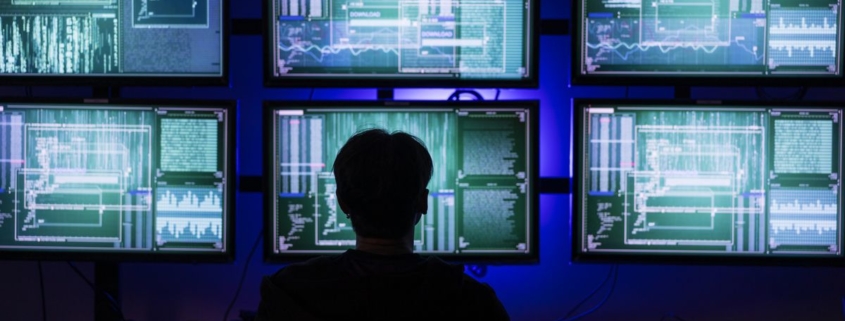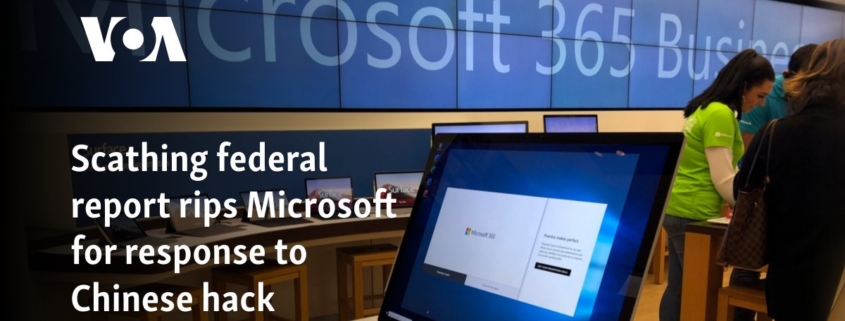A near-miss hack of Linux shows the vulnerability of the internet
One of the most fascinating and frightening incidents in computer security history started in 2022 with a few pushy emails to the mailing list for a small, one-person open source project.
A user had submitted a complex bit of code that was now waiting for the maintainer to review. But a different user with the name Jigar Kumar felt that this wasn’t happening fast enough. “Patches spend years on this mailing list,” he complained. “5.2.0 release was 7 years ago. There is no reason to think anything is coming soon.”.
A month later, he followed up: “Over 1 month and no closer to being merged. Not a suprise.” [sic]
And a month after that: “Is there any progress on this?” Kumar stuck around for about four months complaining about the pace of updates and then was never heard from again.
A few weeks ago, the world learned a shocking twist. “Jigar Kumar” does not seem to exist at all. There are no records of any person by that name outside the pushy emails. He — along with a number of other accounts — was apparently part of a campaign to compromise nearly every Linux-running computer in the world. (Linux is an open source operating system — as opposed to closed systems from companies like Apple — that runs on tens of millions of devices.)
That campaign, experts believe, was likely the work of a well-resourced state actor, one who almost pulled off an attack that could have made it possible for the attackers to remotely access millions of computers, effectively logging in as anyone they wanted. The security ramifications would have been huge.
How to (almost) hack everything
Here’s how events played out: In 2005, software engineer Lasse Collin wrote a series of tools for better-compressing files (it’s similar to the process behind a .zip file). He made those tools available for free online, and lots of larger projects incorporated Collin’s work, which was eventually called XZ Utils.
Collin’s tool became one part of the vast open source ecosystem that powers much of the modern internet. We might think that something as central to modern life as the internet has a professionally maintained structure, but as an XKCD comic published well before the…



